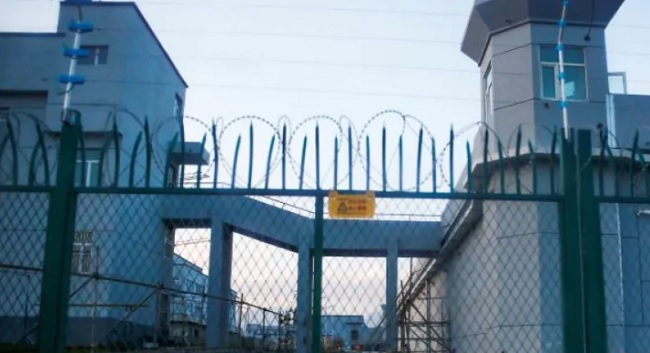More than three-quarters of Canadians say relations between China and Canada cannot improve until Canadians Michael Kovrig and Michael Spavor are released, according to a new survey. The two men were detained by China in December 2018 in what is widely seen as retaliation for Canada’s arrest of Huawei executive Meng Wanzhou based on a request from the U.S. for her extradition.
Meng is living at one of her mansions in Vancouver while her case against extradition slowly winds its way through the court. The two Michaels are being held in harsh conditions in Chinese prisons. Recently, Chinese state-affiliated media announced trials of the pair would begin soon.
Opinion on China deteriorates dramatically
The Angus Reid online survey of just over 5,000 Canadian adults done in early 2021 shows a precipitous drop in the number of people who view China favourably. In 2017, 48 per cent of respondents had a favourable view. The 2021 survey shows that number dropped to 14 per cent, unchanged from 2020. Only 11 per cent would advocate for closer trade ties.

China’s detention of Uighur people amounts to genocide in the opinion of three-quarters of Canadians, according to the Angus Reid survey. (The Associated Press/International Crisis Group/The Canadian Press)
Many Canadians concerned about human rights in China
The survey suggests that the decline in public opinion of China is also due to the perception of it as a human rights abuser. As of 2014, reports began to emerge that Chinese authorities were detaining members of Uighur Muslim population in camps. The news has worsened over the years with reports of forced sterilization of Uighur women, forced labour and transfer to distant camps, and the number of detained people reaching one million. China has refuted the charges saying it is educating Uighur people and preventing religious extremism. While 20 per cent of Canadian respondents in this survey said they did not know enough about the issue to comment, three-quarters agreed that China’s treatment of Uighurs should be called genocide. While a committee of Canada’s House of Commons did agree to the use of the term genocide, the government has not.
Of the respondents, 79 per cent say that respect for human rights and the rule of law should come before trade and investment opportunities when Canada deals with China. That is 17 per cent more than the proportion of respondents who held that view in 2019.
Only nine per cent think China has offered an honest account of what occurred at the beginning of the COVID-19 outbreak and just over half (56 per cent) think Canada should boycott the Olympics in Beijing.







For reasons beyond our control, and for an undetermined period of time, our comment section is now closed. However, our social networks remain open to your contributions.